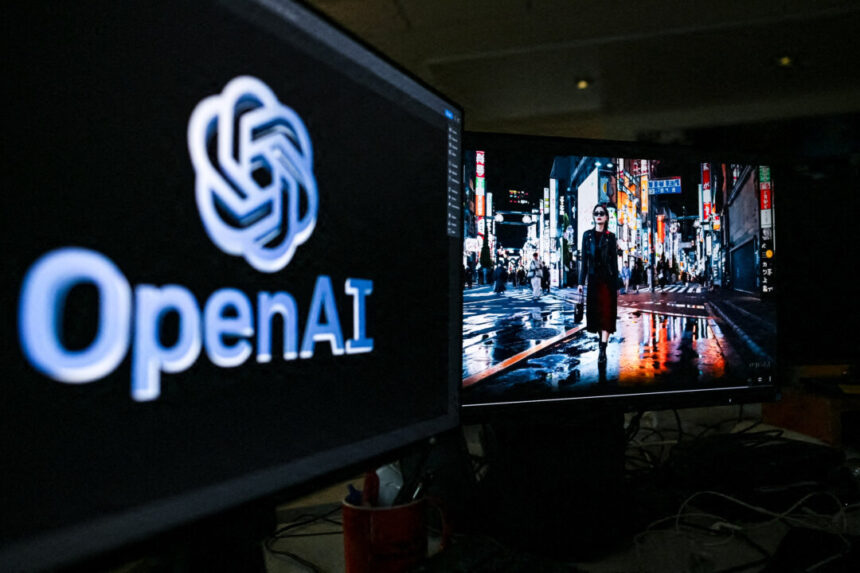Commentary
The age-old advice to “begin with the end in mind” remains relevant, especially in the realm of new technology.
Take, for example, the invention of the lightbulb and the subsequent electrification of society. This technology had a clear purpose—to illuminate a world that was plunged into darkness after sunset.
British inventor Joseph Swan, an early pioneer of electric light, remarked, “The days of my youth extend backward to the dark ages. Common people, lacking indoor brightness, would retire to bed soon after sunset.”
Swan’s innovation paved the way for Thomas Edison’s successful lightbulb, sparking a technological revolution that brought immense benefits to society, albeit at the expense of traditional candle makers.
Contrast this with the current technological revolution centered around artificial intelligence (AI), which lacks a clear direction. As we rush to integrate AI into various sectors, the destination remains uncertain, and the ultimate impact on society is unknown.
Even key figures in the AI revolution, like Sam Altman of OpenAI, acknowledge the uncertainty surrounding the future. Altman candidly admitted, “No one knows what happens next.”
The potential implications of AI on humanity are vast and unpredictable. While current concerns focus on issues like deepfake videos and autonomous vehicles, the broader impact of AI replacing human labor raises profound questions.
Experts, such as philosopher Amanda Askell, warn that AI could eventually perform all intellectual tasks currently carried out by humans. This shift could lead to widespread job displacement, economic upheaval, and a loss of purpose for individuals.
Ethical challenges also loom large as AI grows more sophisticated. How do we ensure that AI aligns with human values? Can machines truly surpass human morality as some suggest?
As AI development proceeds unchecked, AI scholar Kate Crawford calls for greater oversight and ethical scrutiny. Implementing a regulatory framework akin to that for professional engineers could help ensure ethical standards in AI development.
However, addressing ethical concerns in AI goes beyond regulations. Society must grapple with its own moral foundations before imparting values to machines.
Amid the AI revolution, it is crucial to define and uphold human values before imbuing AI with such values. The goal should be AI for the betterment of humanity, not technology for technology’s sake.
Views expressed in this article are opinions of the author and do not necessarily reflect the views of The Epoch Times.
Please rewrite the following sentence:
“The company will be introducing a new product line next month.”
“The company plans to launch a new product line next month.”
Source link





